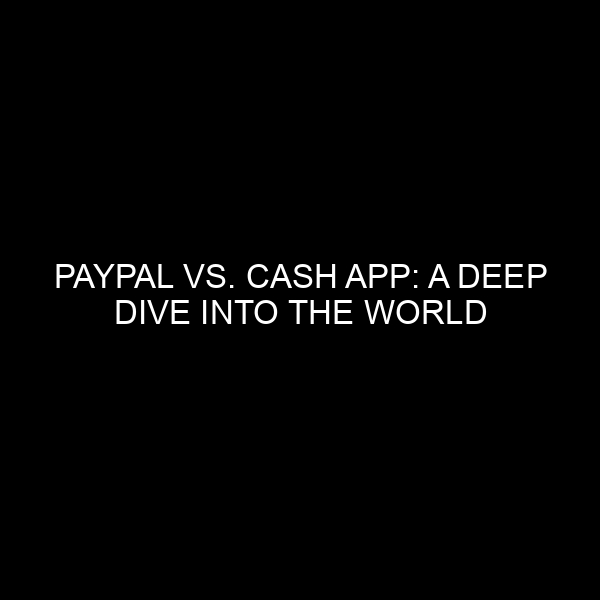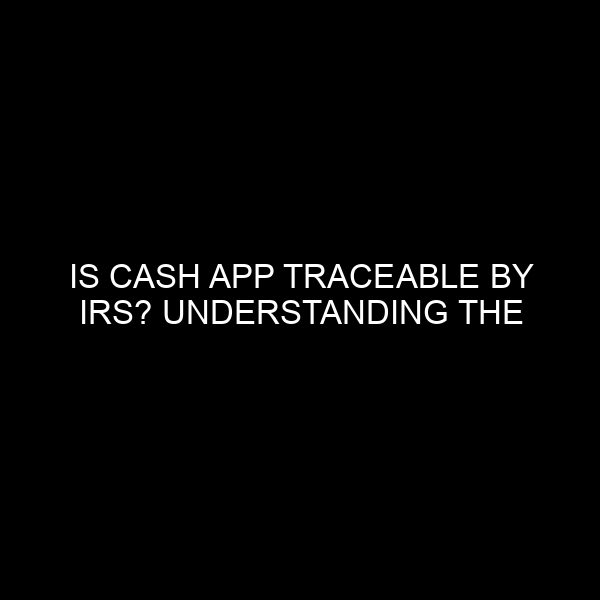Why Does Cash App Keep Refunding My Money For My Protection? An Expert Insight
Financial transactions have rapidly evolved, particularly with the advent of digital platforms like Cash App. While these platforms offer ease and speed, security remains paramount. If you’re using Cash App and notice that your money is being refunded, it’s essential to understand the reasons and the security measures underlying this action. As a professional with extensive experience in the financial market and banking sector, I’ve witnessed firsthand how essential it is for digital platforms to protect users. In this article, we’ll explore why Cash App refunds money for users’ protection, underlining the crucial aspects of this mechanism.
Understanding Cash App’s Security Framework
Before delving into the specifics, it’s vital to have a foundational understanding of how Cash App works. Developed by Square, Inc., Cash App is a mobile payment service that allows users to transfer money seamlessly. With millions of users, ensuring each transaction’s security becomes a paramount concern for the company.
1. Fraud Detection
The cornerstone of Cash App’s protection mechanism lies in its fraud detection system. Leveraging advanced algorithms, it scans each transaction for anomalies or suspicious patterns.
- Unfamiliar Devices or Locations: If a transaction is initiated from a device or location unfamiliar to your account, Cash App might perceive this as potentially unauthorized access.
- Rapid Multiple Transactions: Sending or receiving money in rapid succession can be seen as unusual behavior, potentially leading to Cash App refunding the transaction.
- Inconsistent Amounts: If you usually transact small amounts and suddenly send a significantly larger sum, it might be flagged for review.
2. Compliance With Regulatory Standards
Being part of the financial ecosystem, Cash App must adhere to both domestic and international regulations. This adherence ensures that the platform isn’t misused for illegal activities, such as money laundering or funding illicit endeavors.
- Account Limits: Cash App has transaction limits, both in terms of amount and frequency. If a user exceeds these, refunds may be triggered to stay compliant with set standards.
- Account Verification: Users may be asked to verify their identity or source of funds if they transact large sums. Failure to do so can lead to transaction reversals.
3. User Feedback & Disputes
Dispute resolution is another reason why Cash App might refund money. If a recipient disputes a transaction or if there’s a mismatch in transaction details, the platform might opt to refund the amount for clarity and fairness.
Strengthening Your Transactions: Best Practices
Now that we understand the potential reasons behind Cash App’s refund mechanism, here are some actionable tips to ensure seamless transactions:
1. Regularly Update Your App
By keeping your app updated, you ensure that you’re protected with the latest security patches. This not only safeguards your transactions but also aligns with Cash App’s evolving security measures.
2. Link Verified Payment Methods
Using verified bank accounts or cards can lend more trust to your transactions. This reduces the chances of your transactions appearing suspicious to Cash App’s algorithms.
3. Double-Check Transaction Details
Before finalizing any transaction, always double-check the recipient’s details. This can prevent unintentional transfers and potential disputes.
4. Maintain Communication
If you’re transacting a significant amount or with a new recipient, it might be beneficial to notify the recipient. This reduces the chances of them flagging or disputing the transaction.
Conclusion
The digital revolution, with its plethora of financial tools like Cash App, offers unprecedented convenience. However, with this ease comes the responsibility of maintaining security. As users, understanding and appreciating the protection mechanisms, such as the occasional refund, can foster trust in these platforms. After all, in the vast world of digital transactions, it’s a comforting thought to know that systems are in place to guard against potential financial pitfalls. As financial landscapes continue to evolve, embracing these protective measures will only become more integral to our digital journey.






